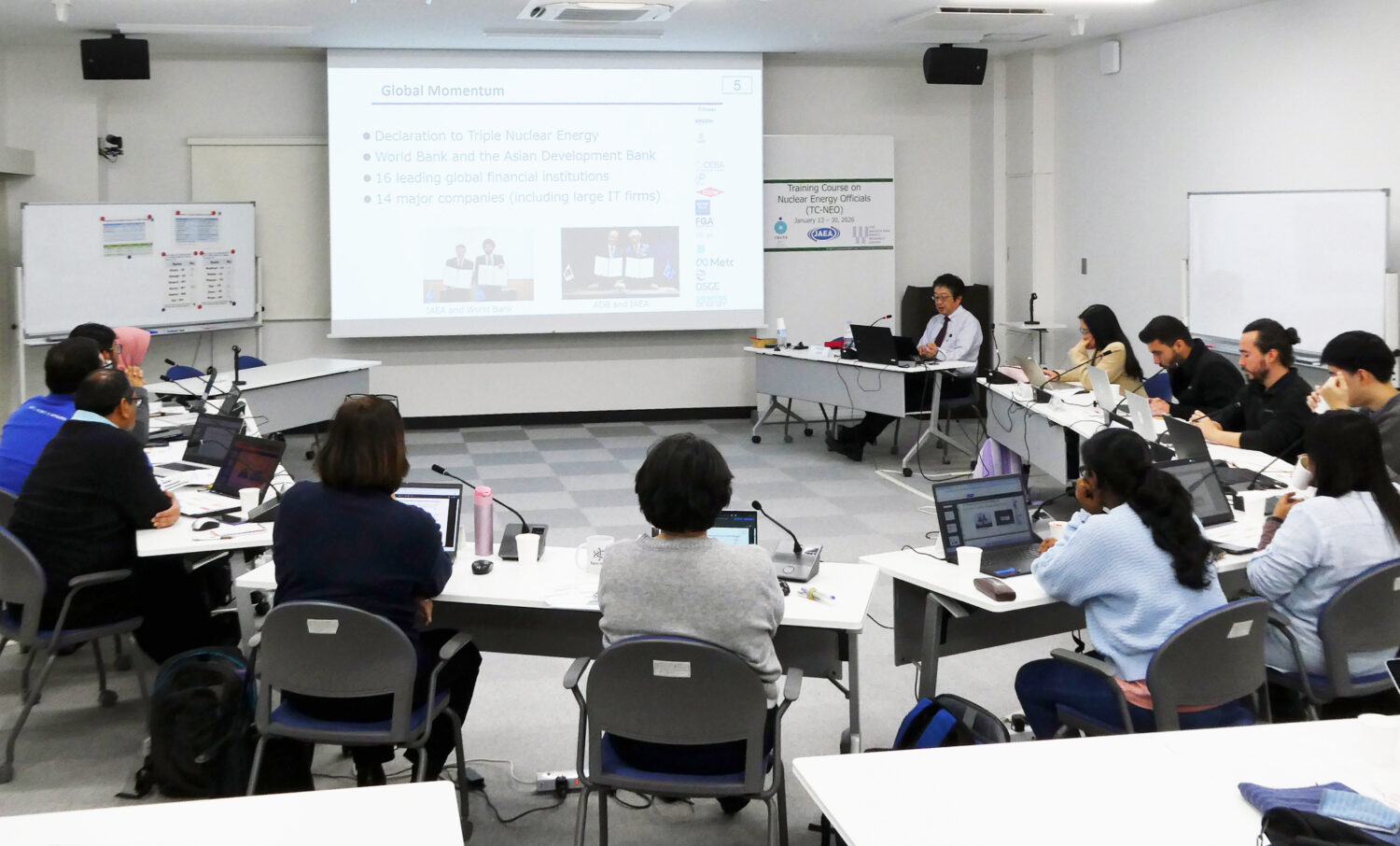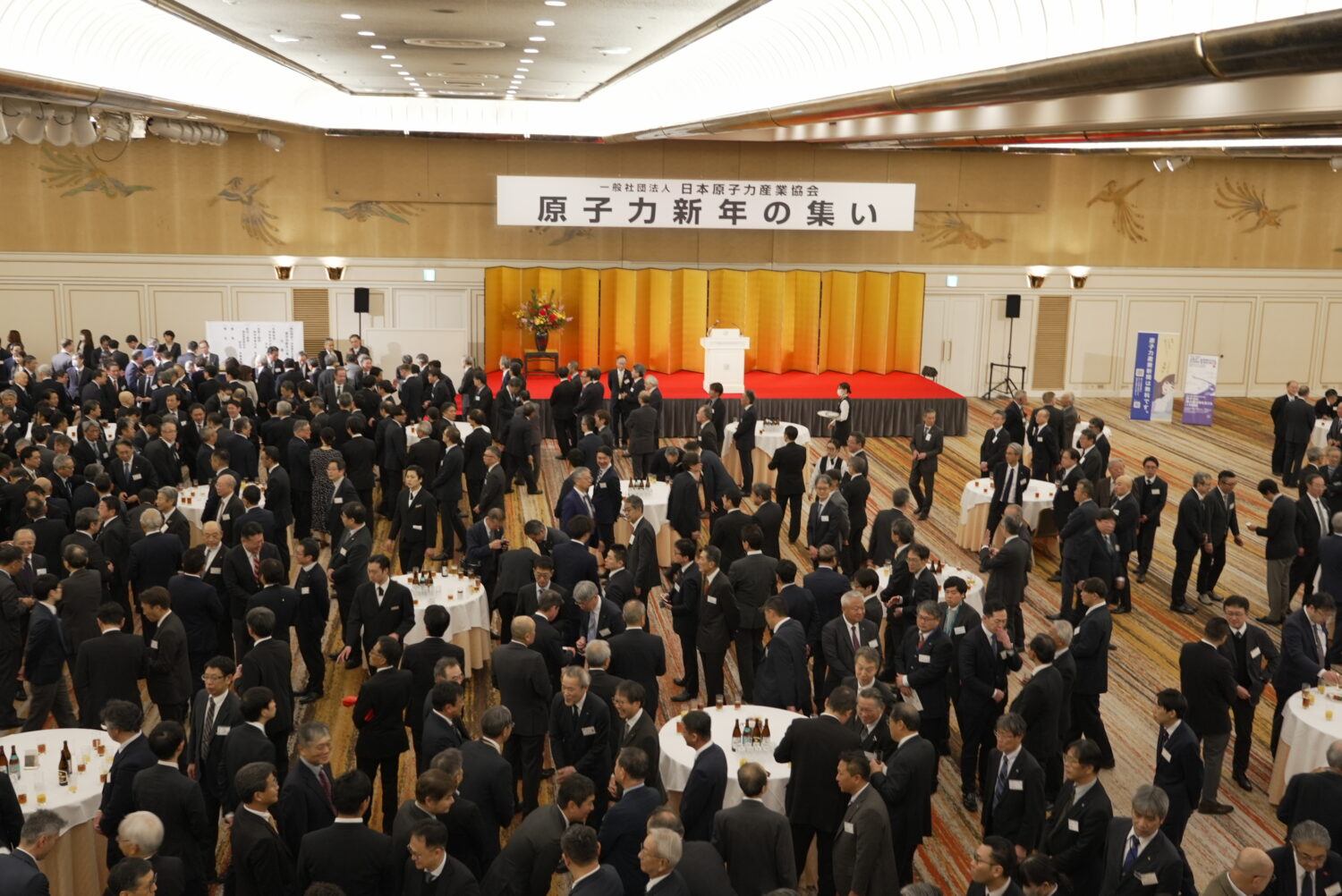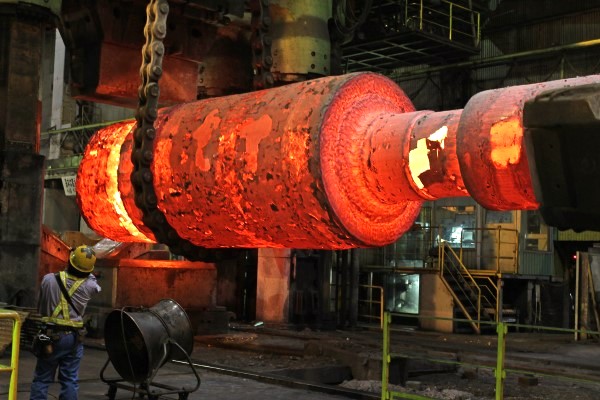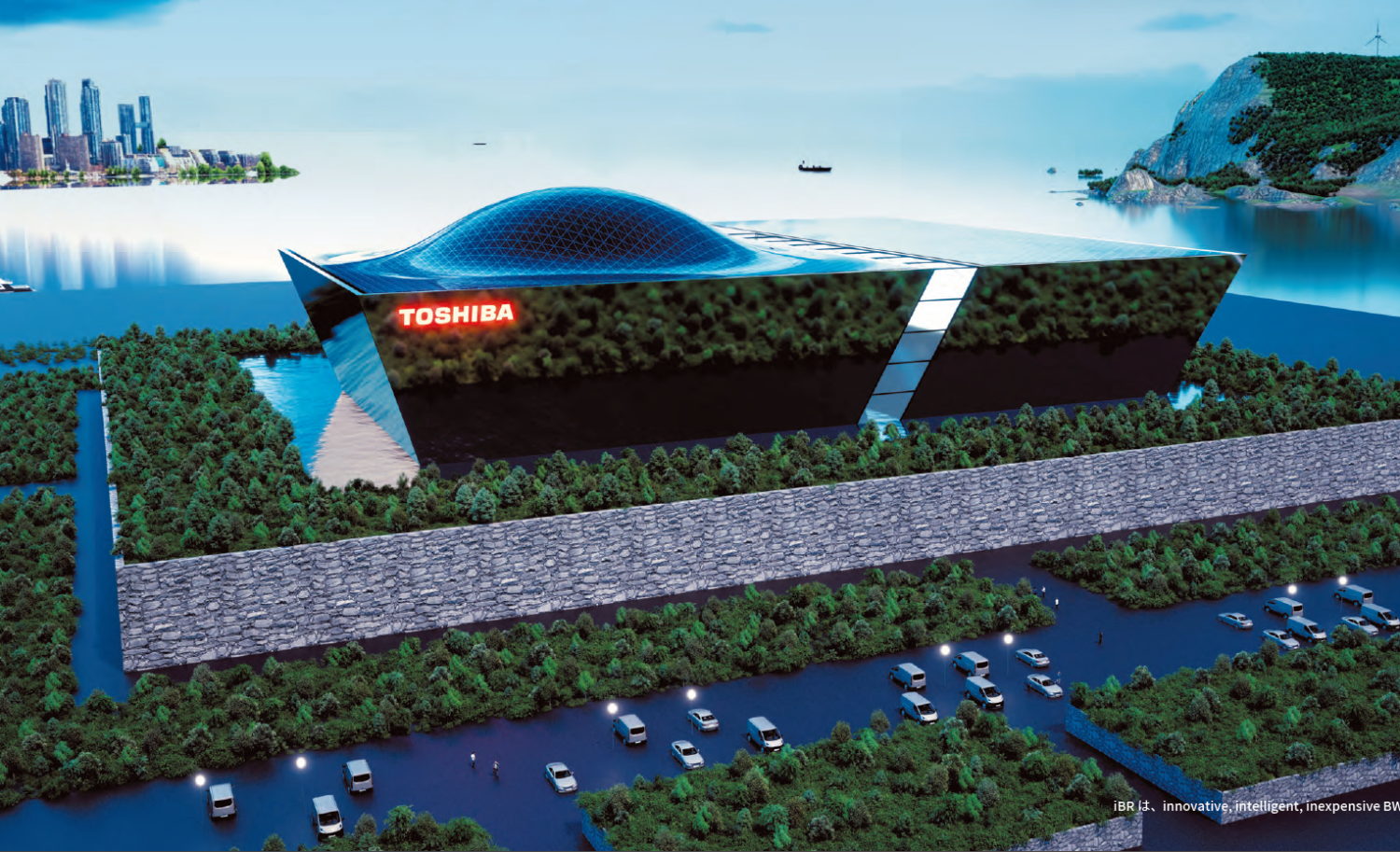The “ITER Project” is an international collaboration among seven parties—Japan, the EU, the U.S., Russia, South Korea, China, and India—aimed at the scientific and technological demonstration of fusion energy. Construction of the experimental reactor is currently underway in Saint-Paul-lès-Durance, France.
Japan plays a central role in developing and manufacturing major components for ITER, including the divertor and toroidal field (TF) coils. As the designated domestic agency for the project, QST is responsible for coordinating the procurement of such components in Japan.
The divertor is one of the most critical components in tokamak-type fusion reactors employing magnetic confinement. It removes unburned fuel and helium “ash” from the plasma to sustain stable fusion reactions. As the only in-vessel component that directly contacts the plasma, the divertor is exposed to extremely high temperatures and particle loads, making it one of the most technically challenging components to manufacture for ITER.
Drawing on its long-standing expertise in nuclear technology, Hitachi developed advanced welding and non-destructive inspection techniques for specialized high-performance materials. Through rigorous validation, the company achieved mechanical machining and assembly accuracy within 0.5 mm, as required by the ITER Organization. Hitachi also developed a dedicated automated welding system optimized for the divertor to enhance manufacturing efficiency and cost-effectiveness.
In July 2024, Mitsubishi Heavy Industries had already completed the first divertor prototype unit in collaboration with QST. With this latest achievement, Hitachi’s manufacturing capabilities have now also been officially recognized.
QST is expected to deliver a total of 58 outer vertical targets (OVT) for ITER. Of these, 18 are to be manufactured by the initial contractor, while production of the remaining 40 will be assigned to other manufacturers yet to be selected.

















